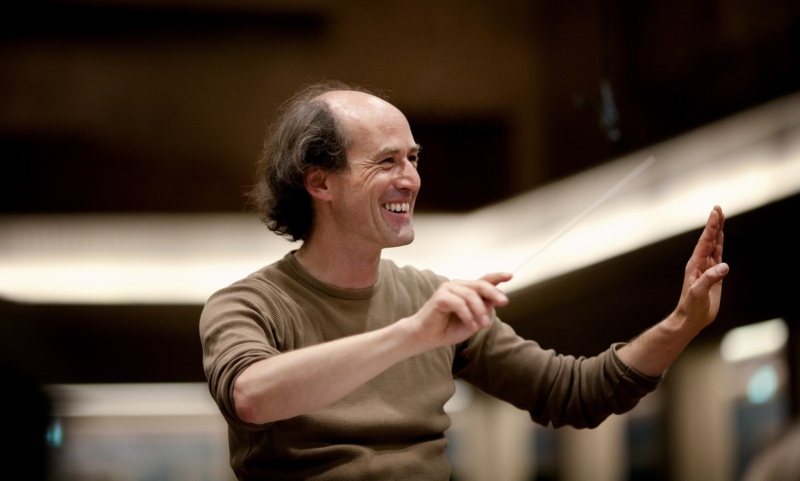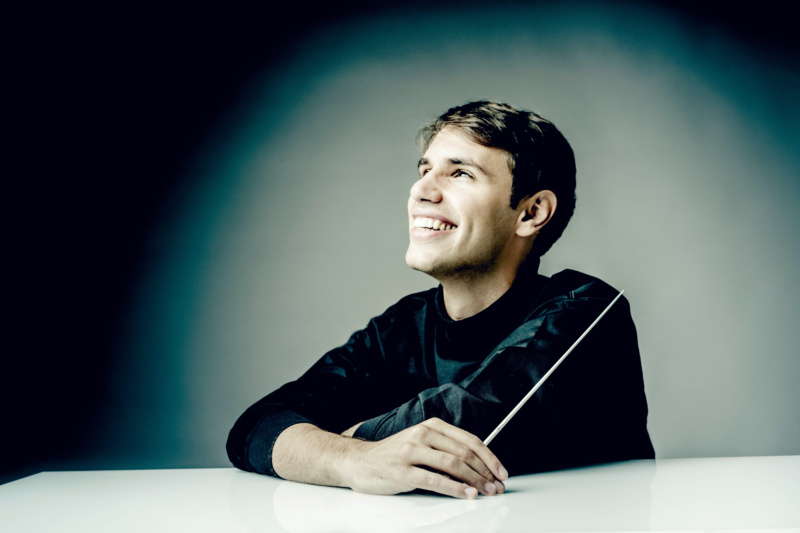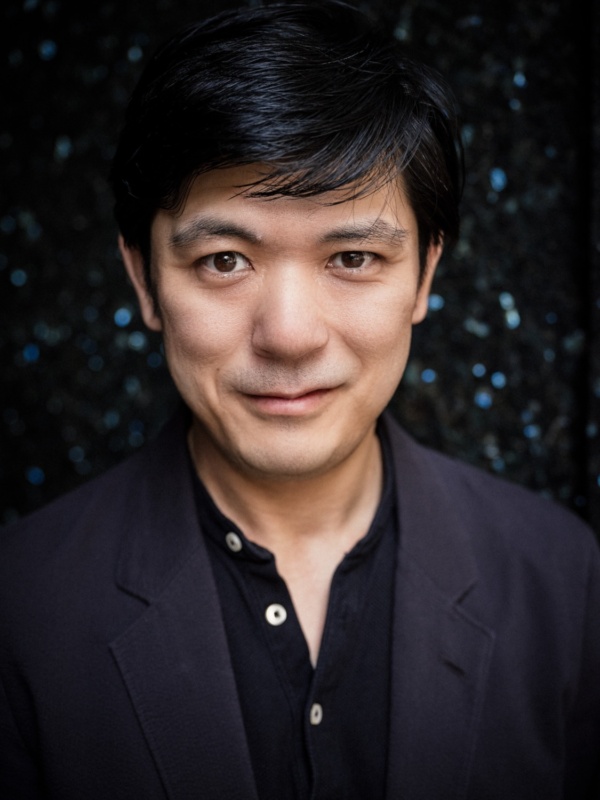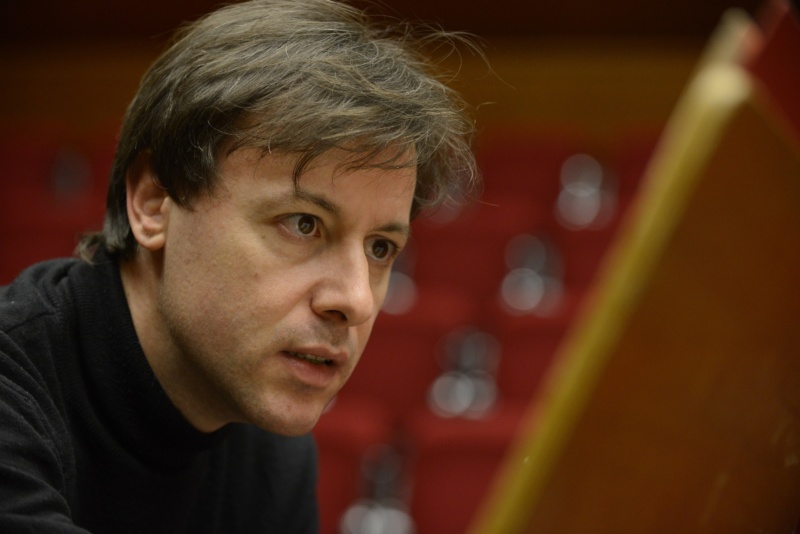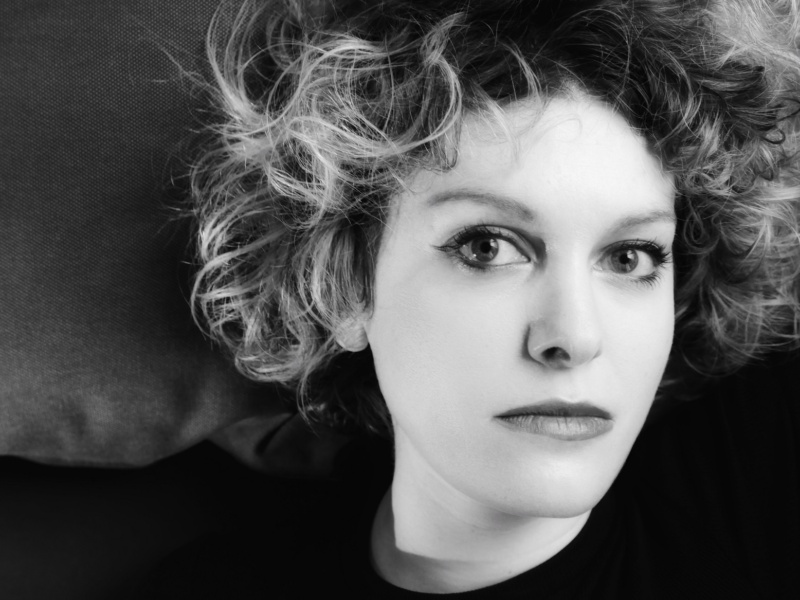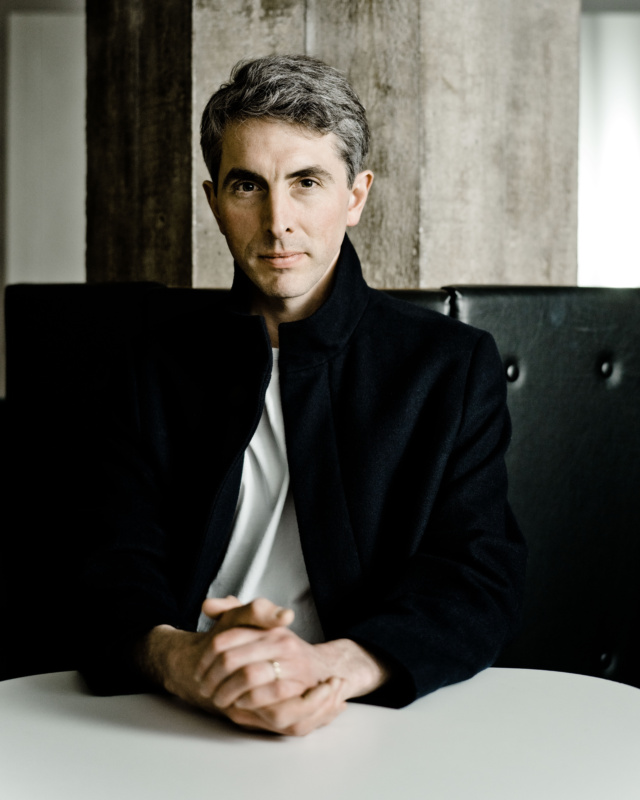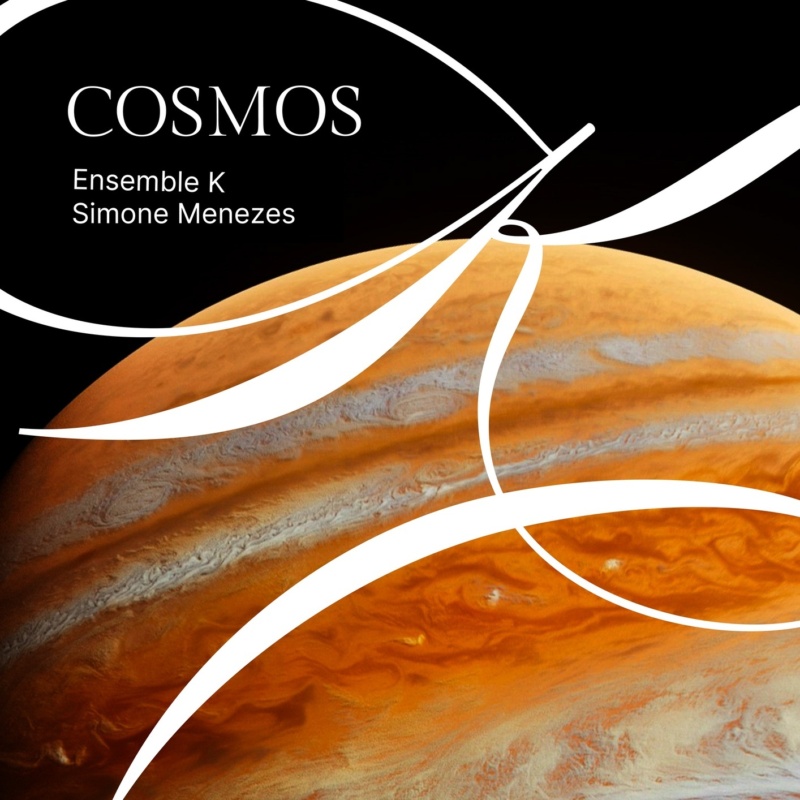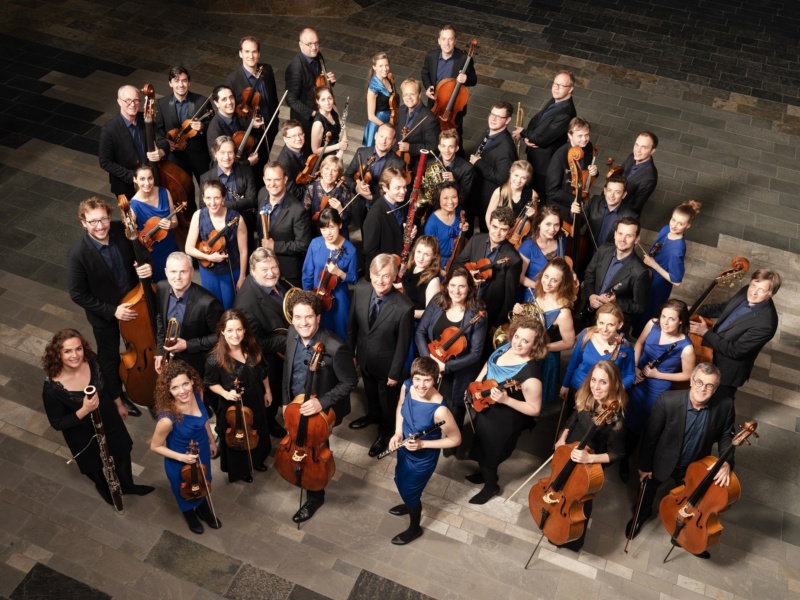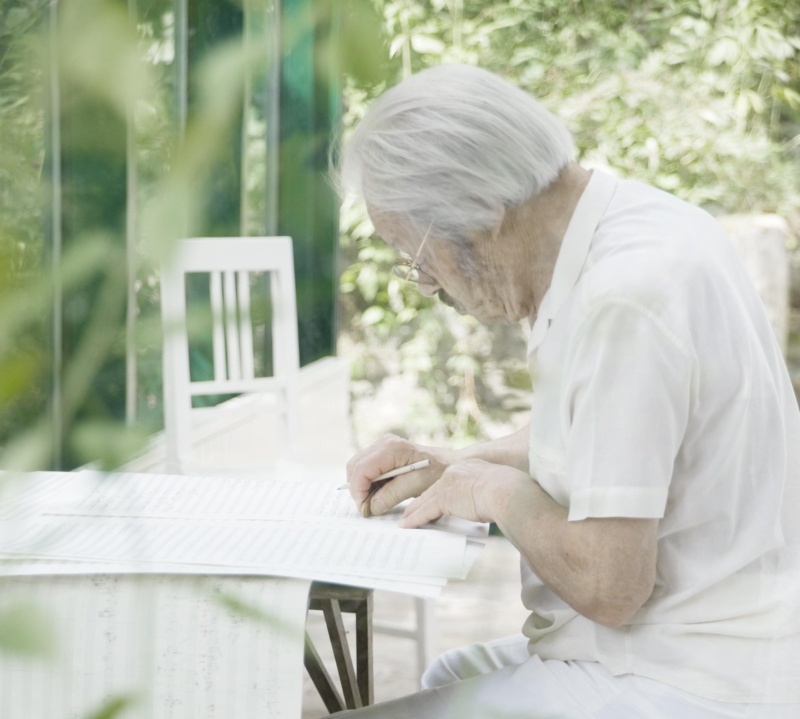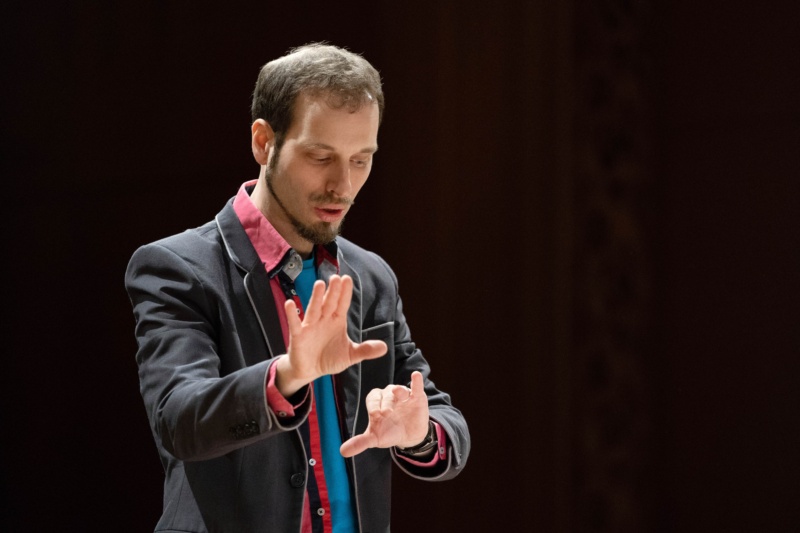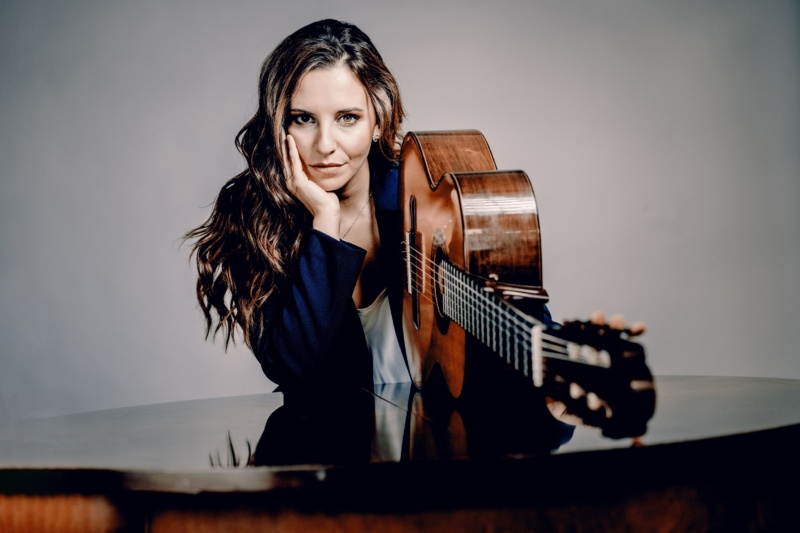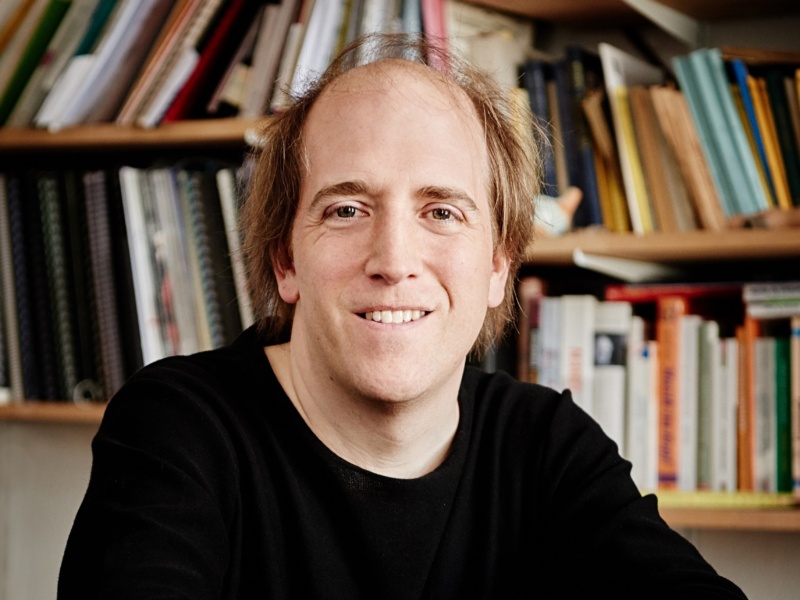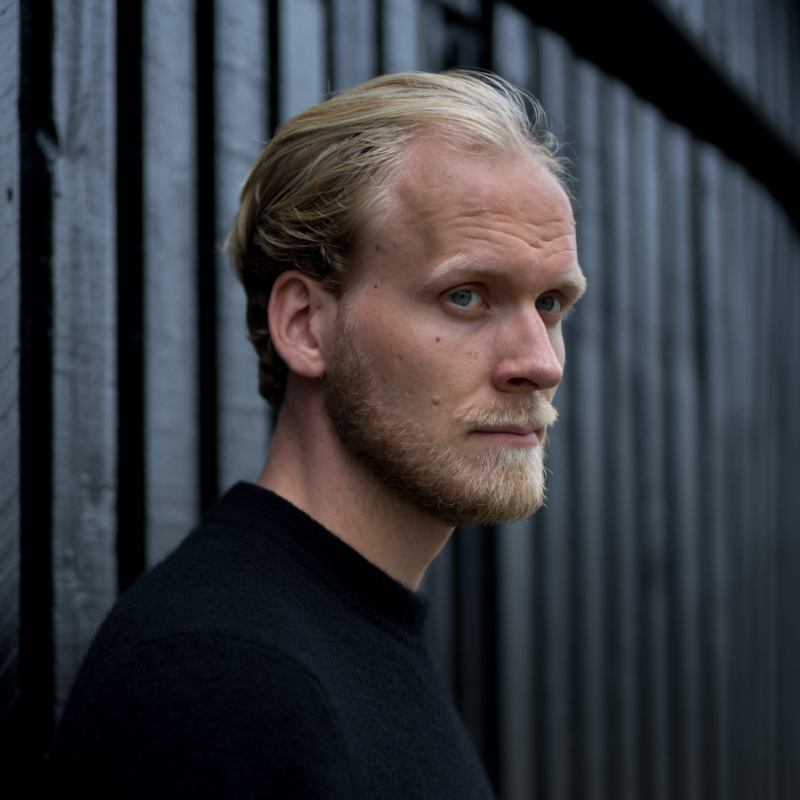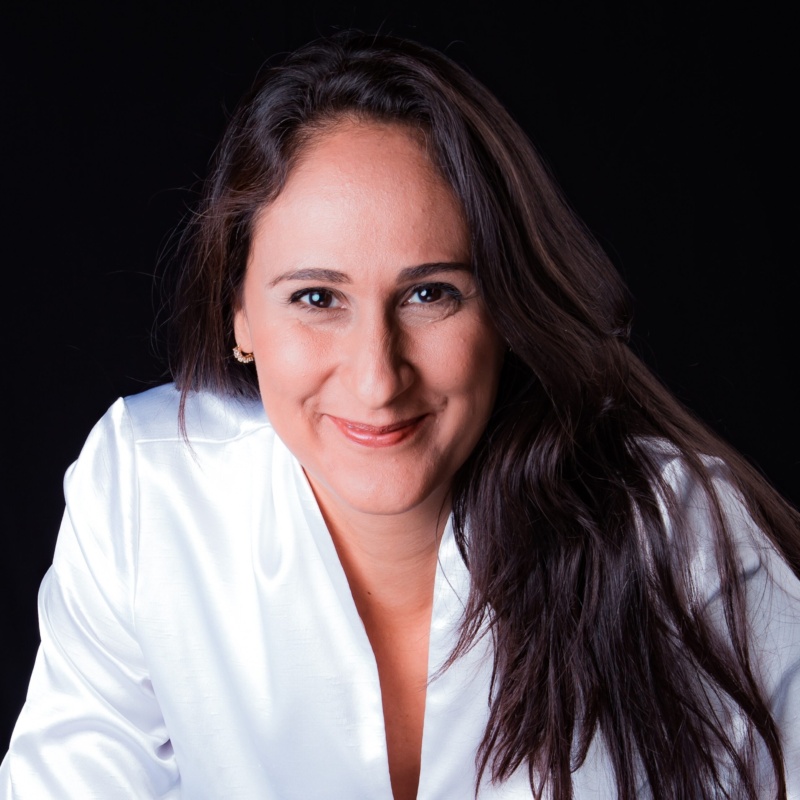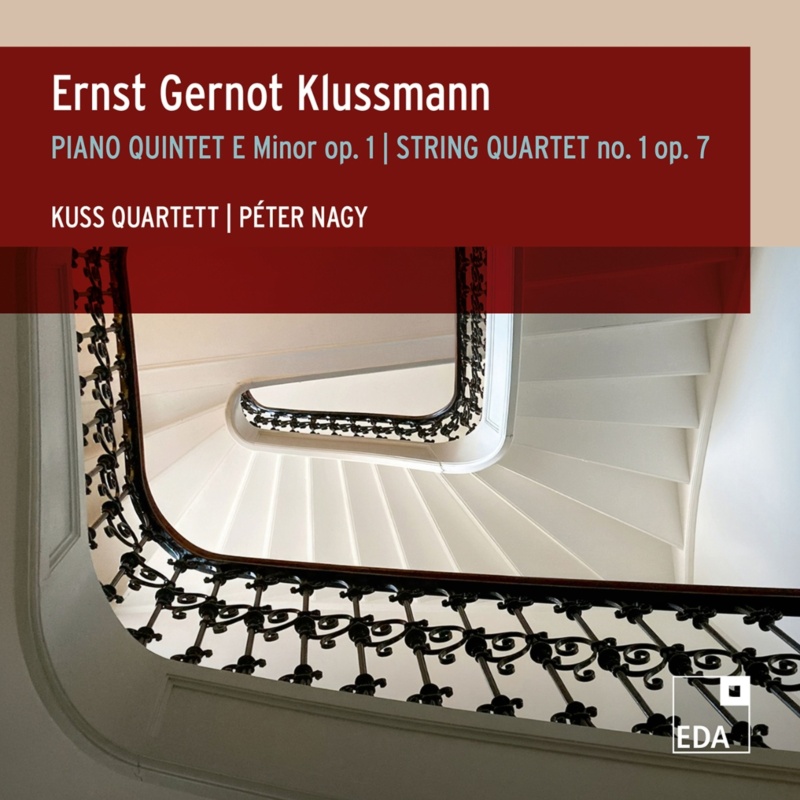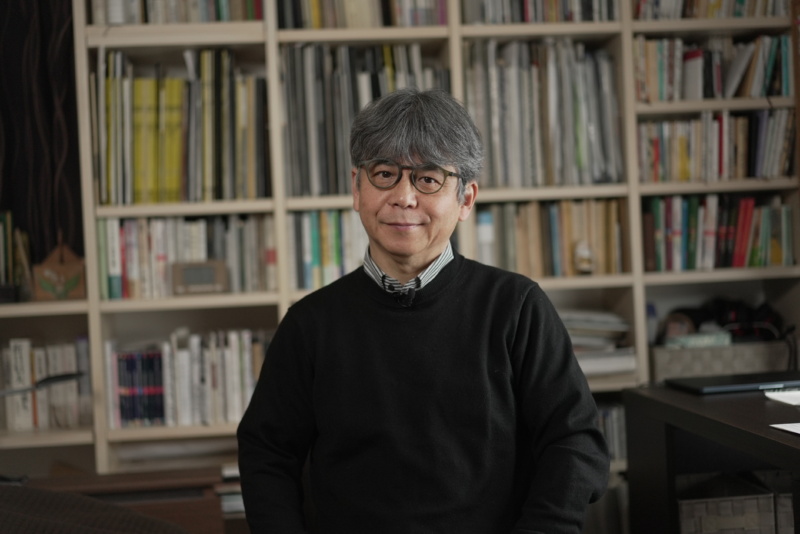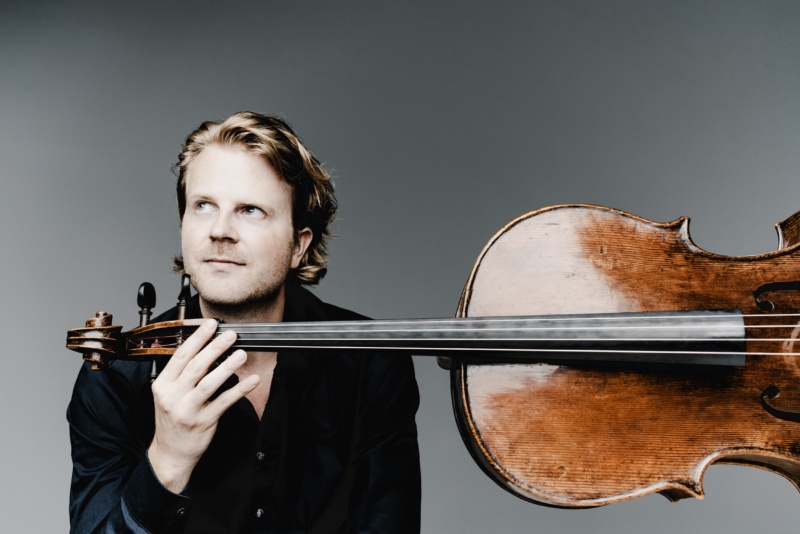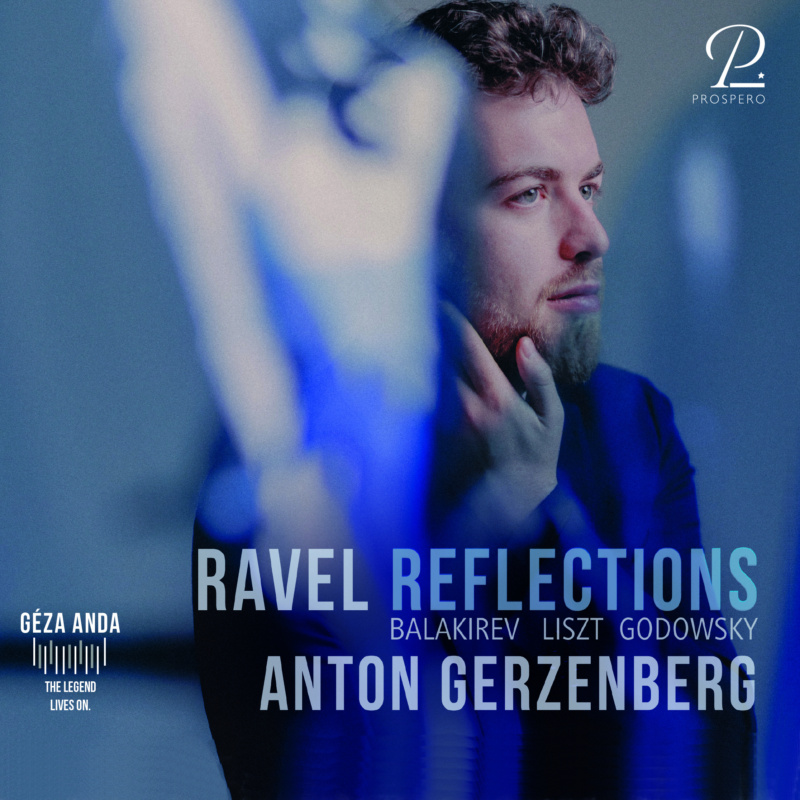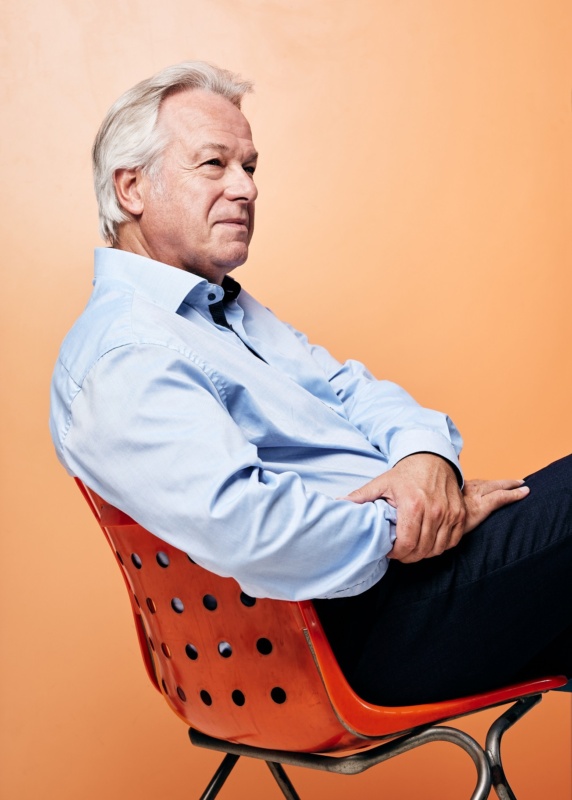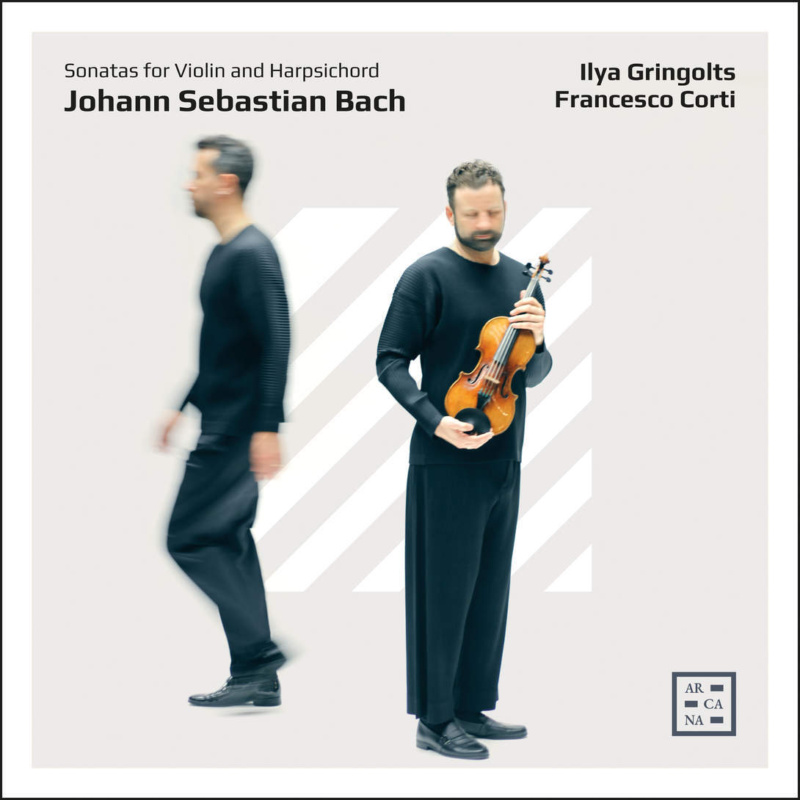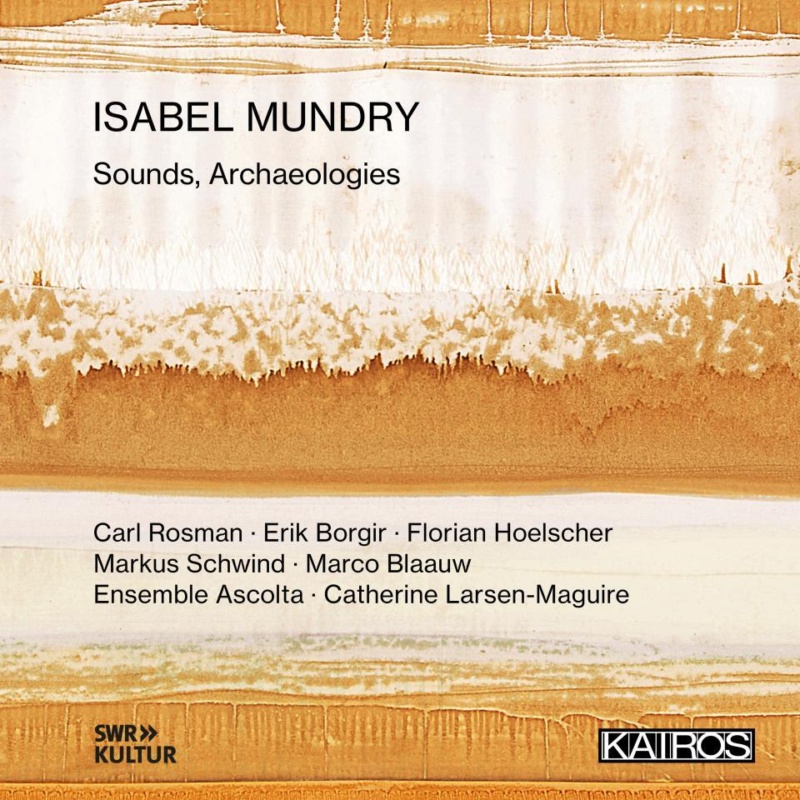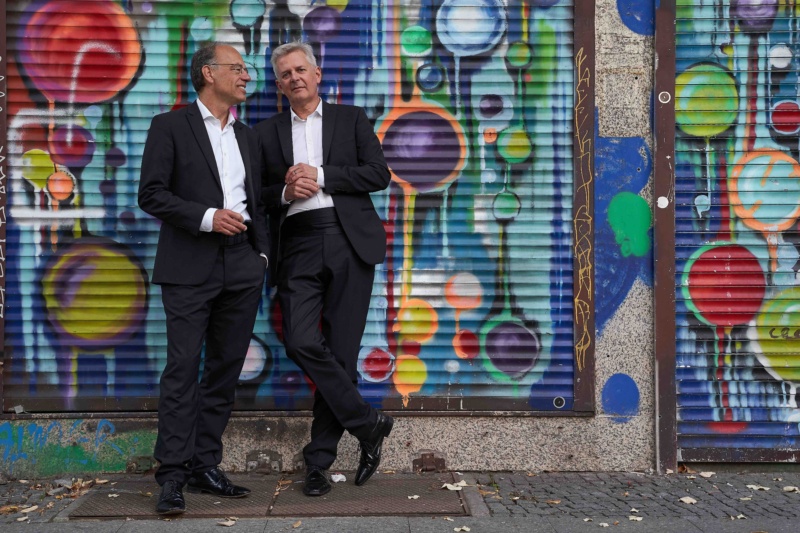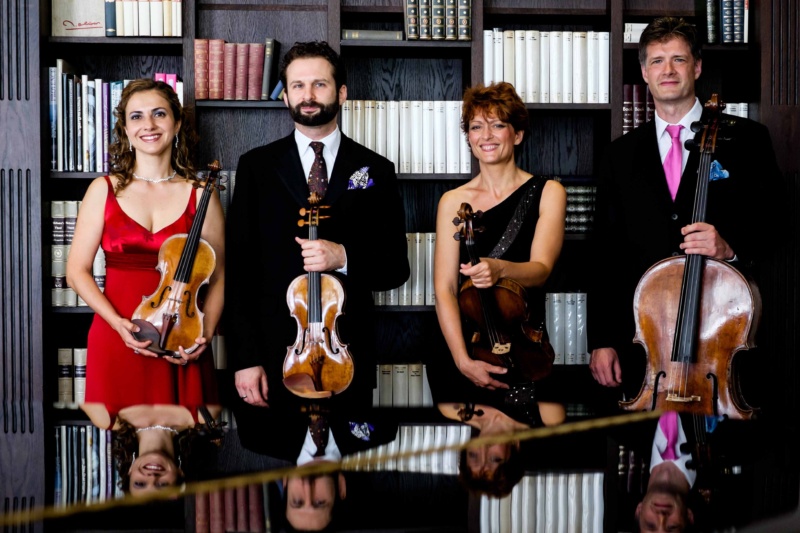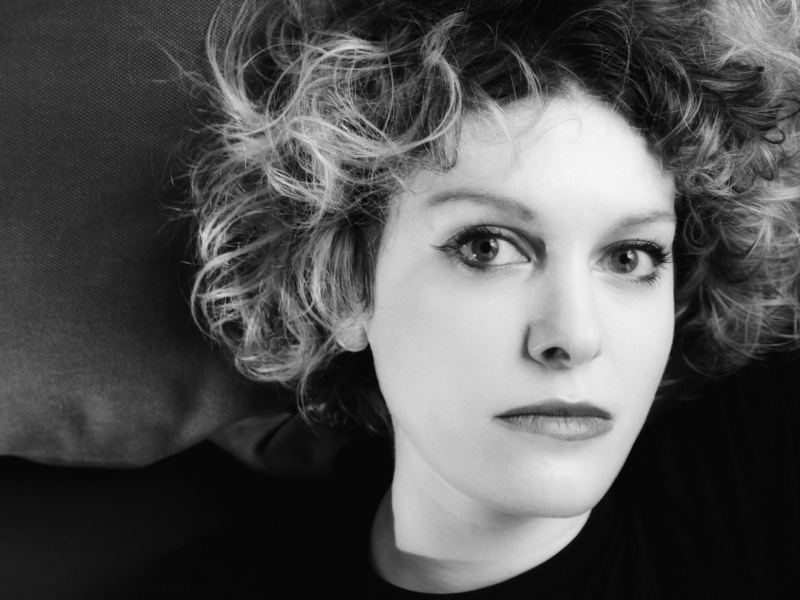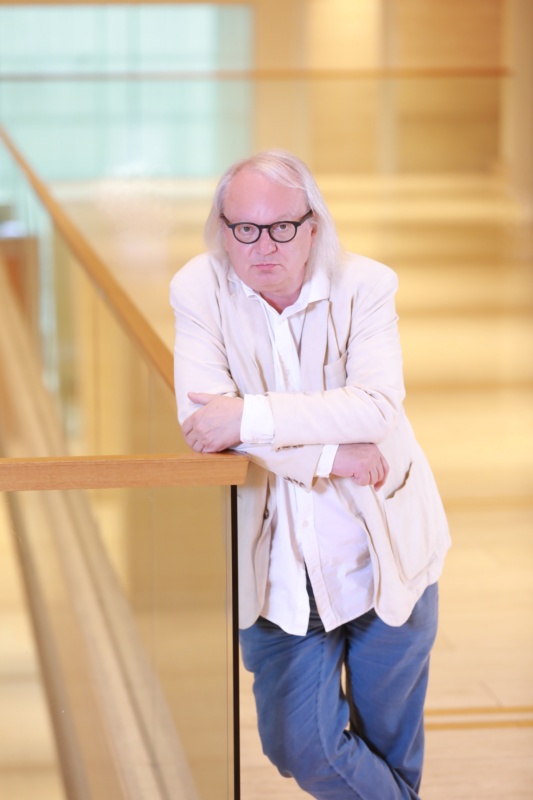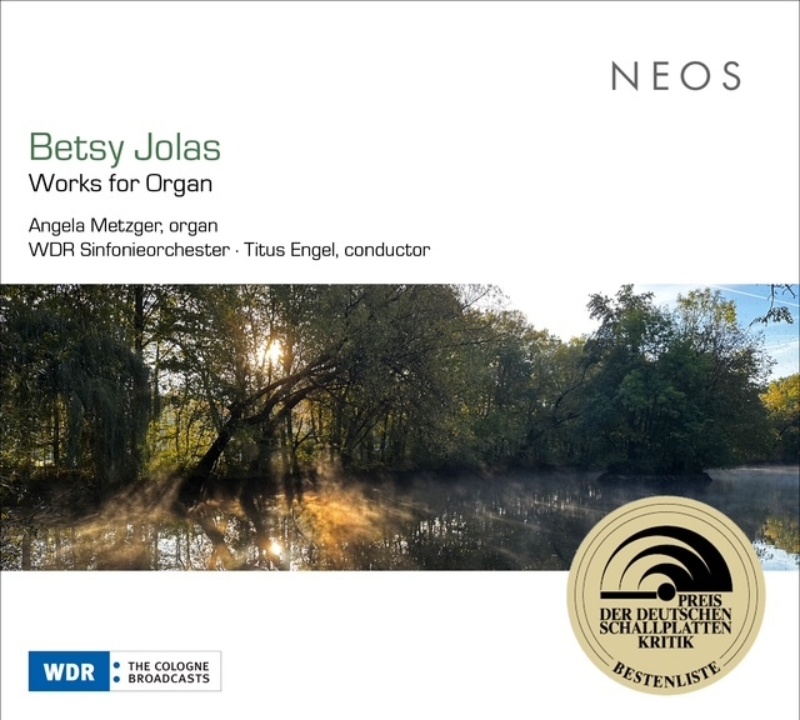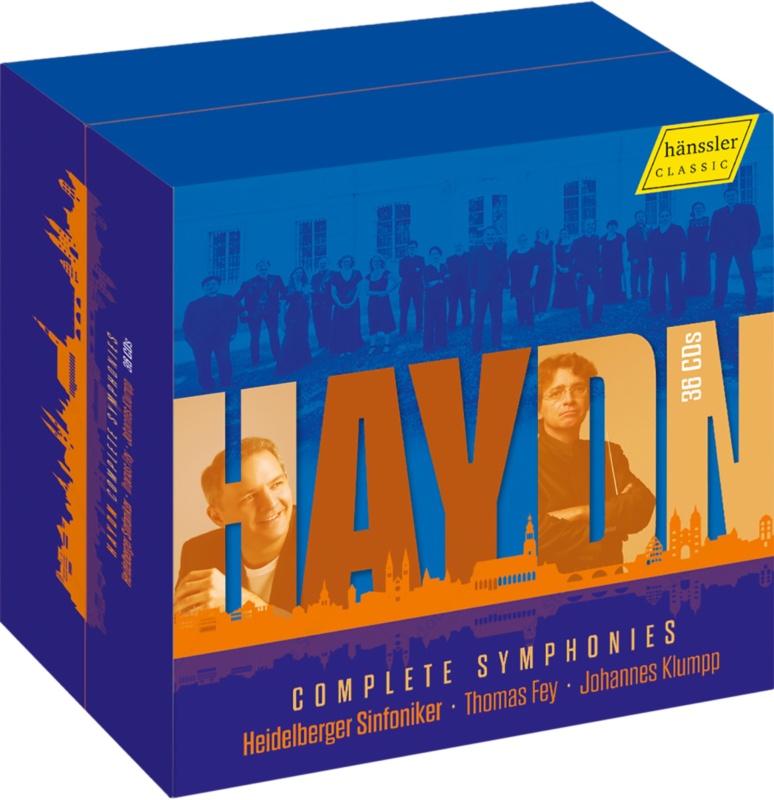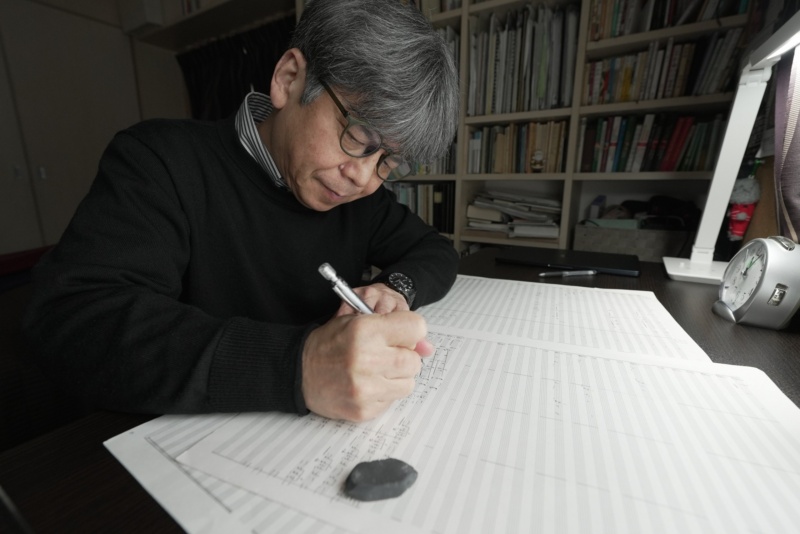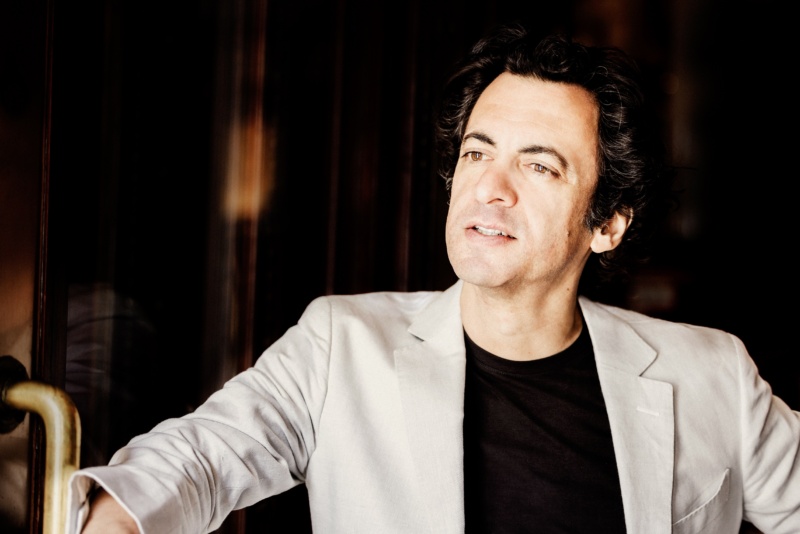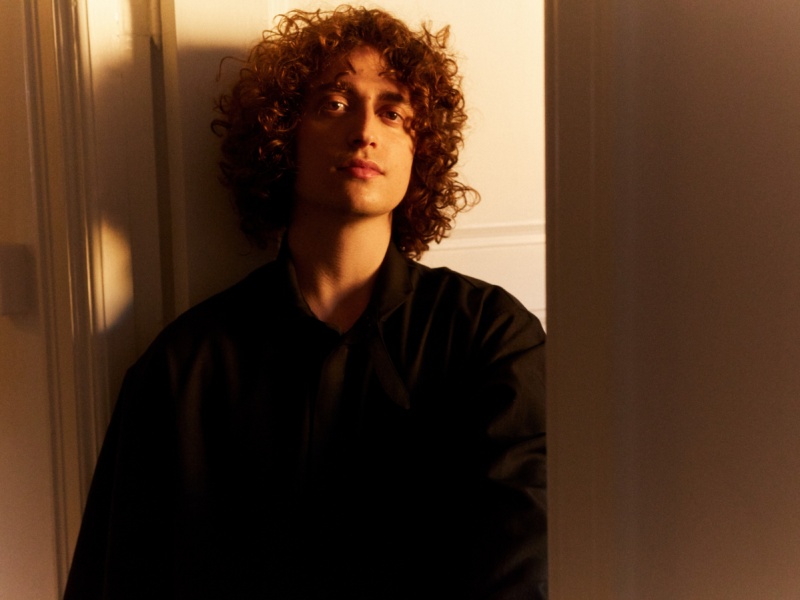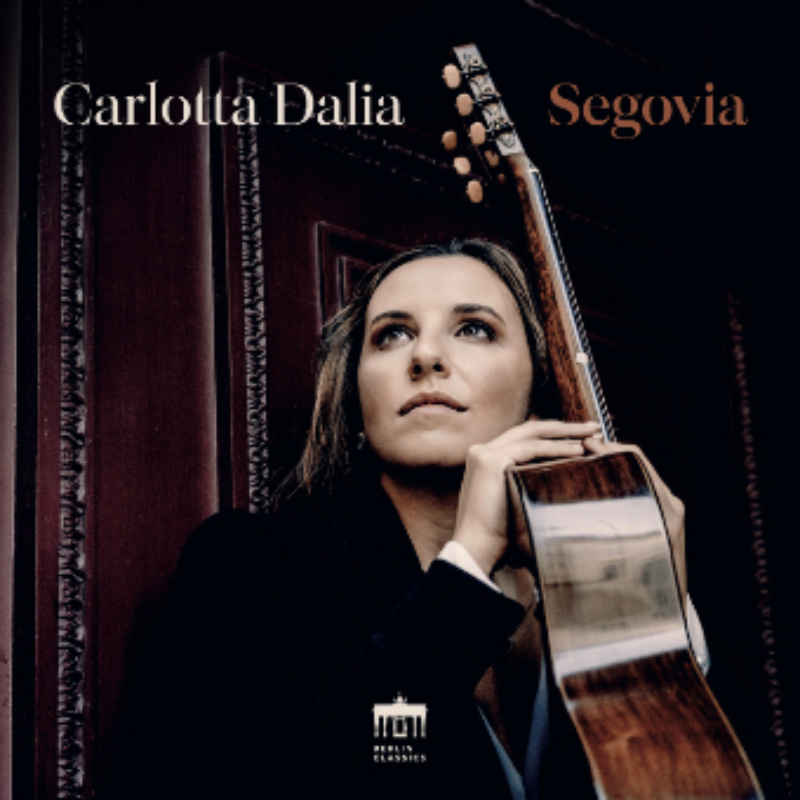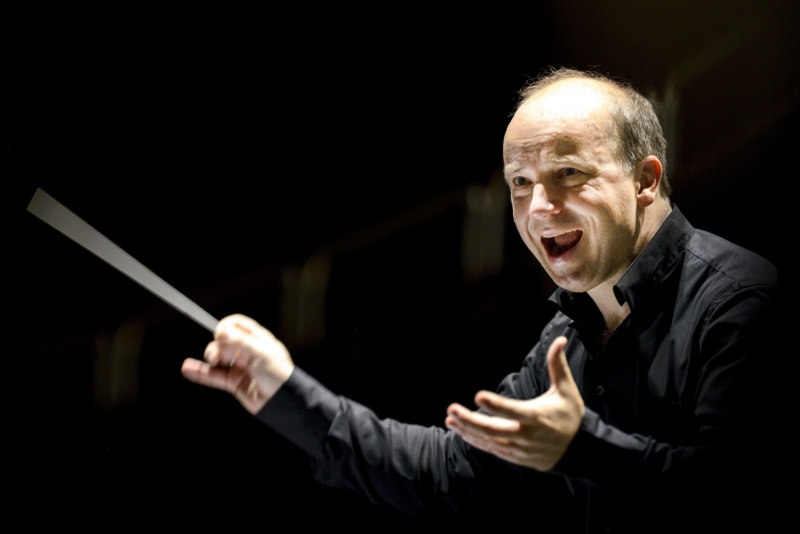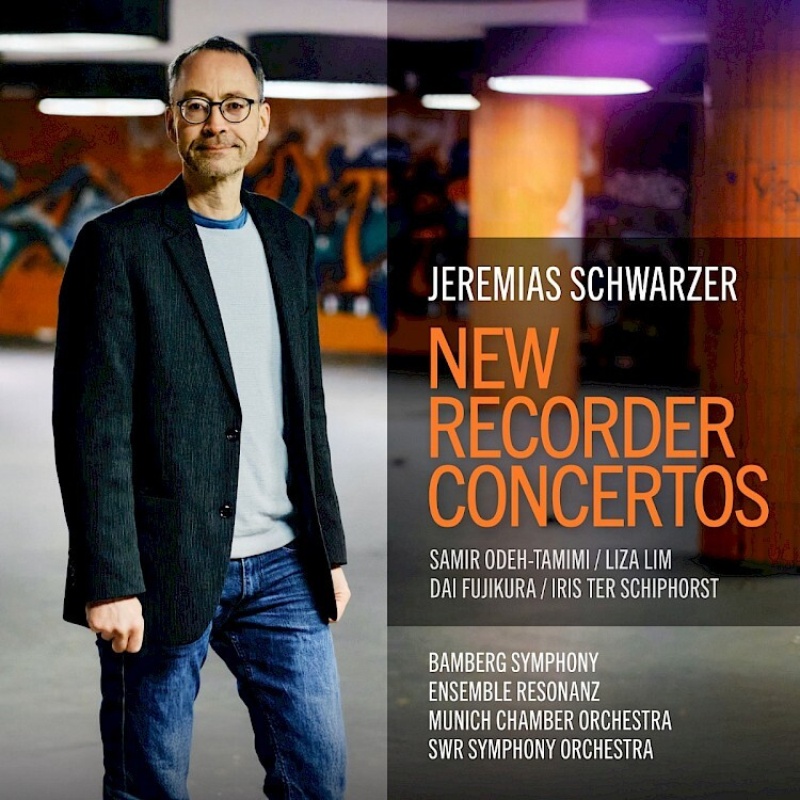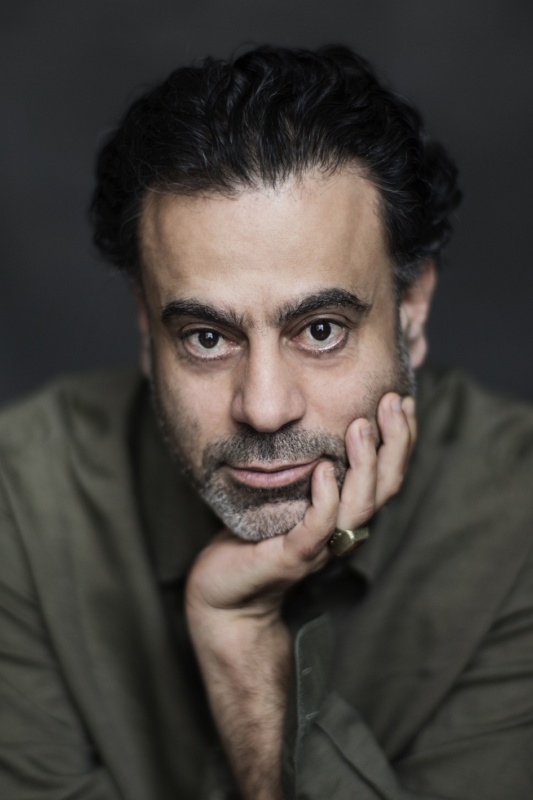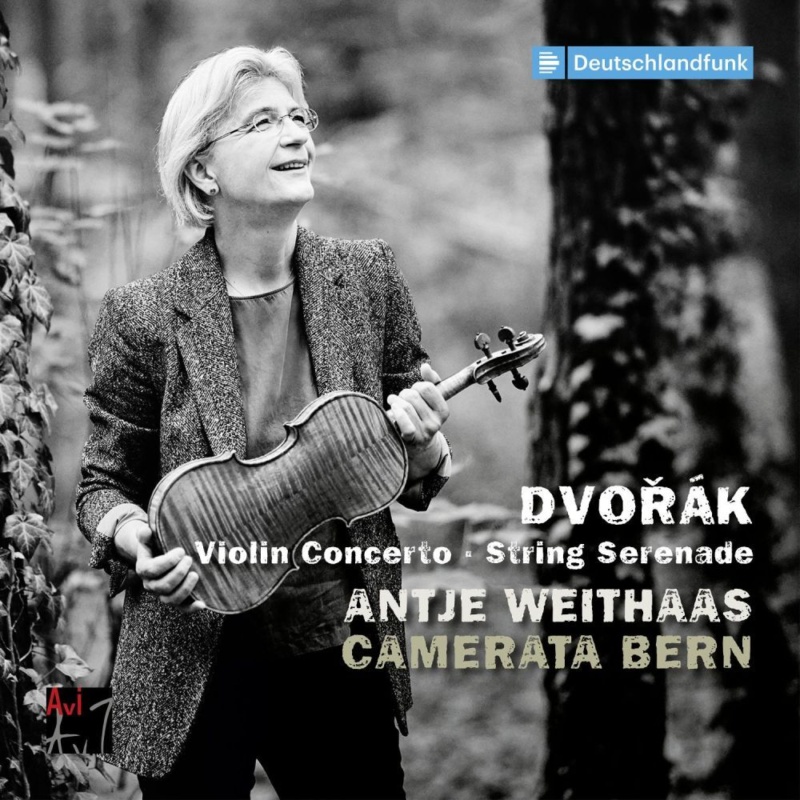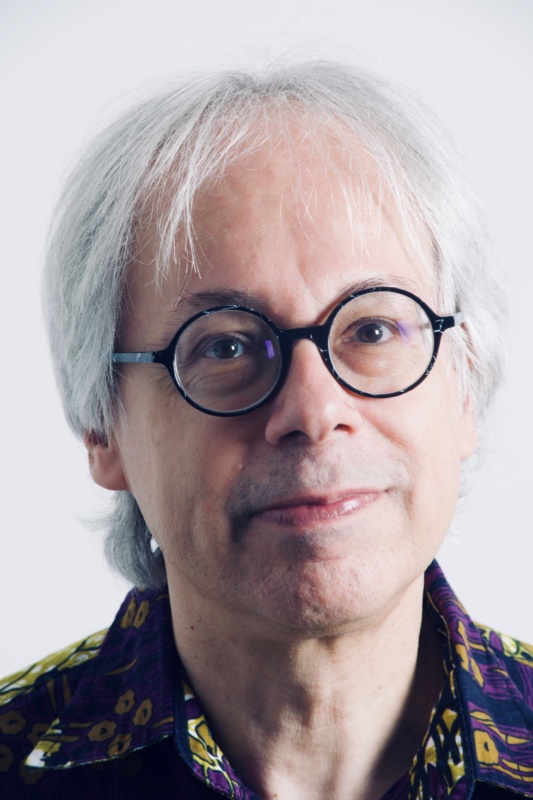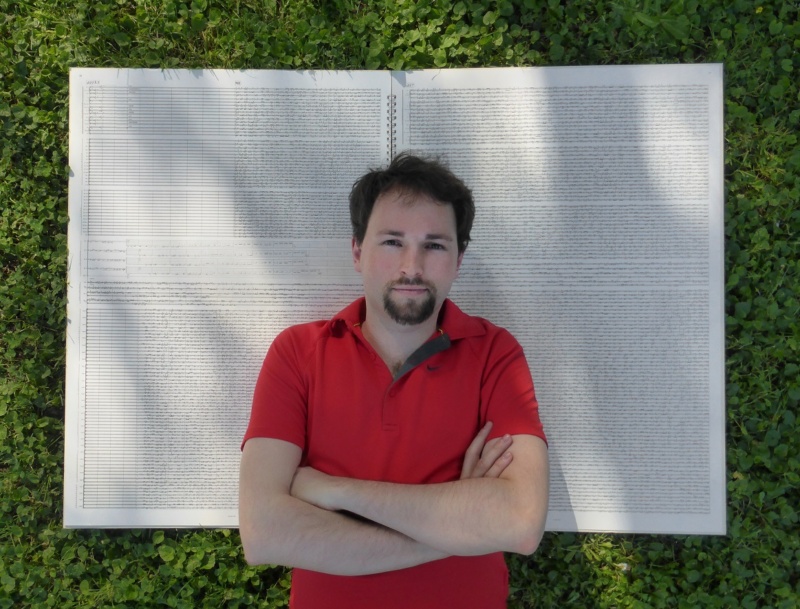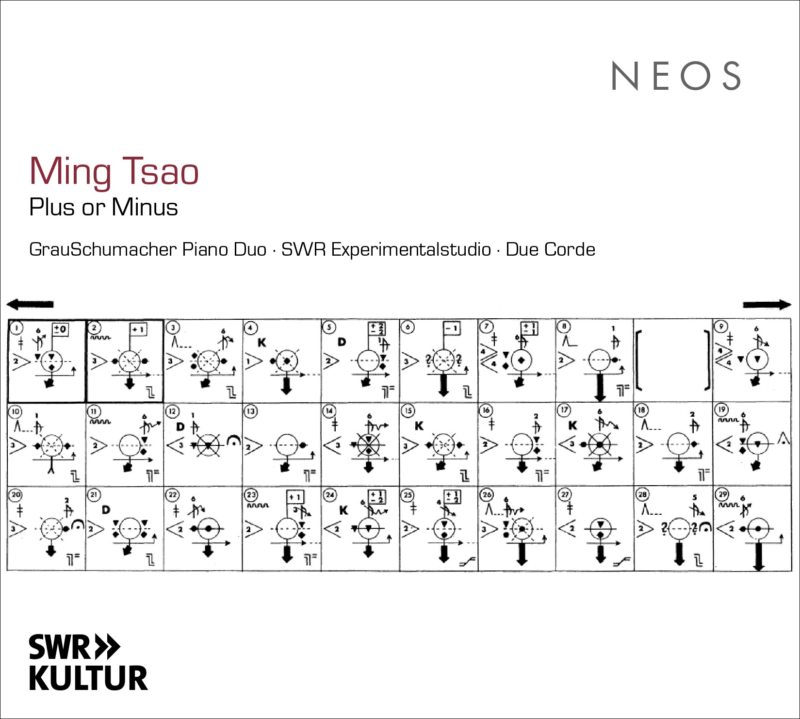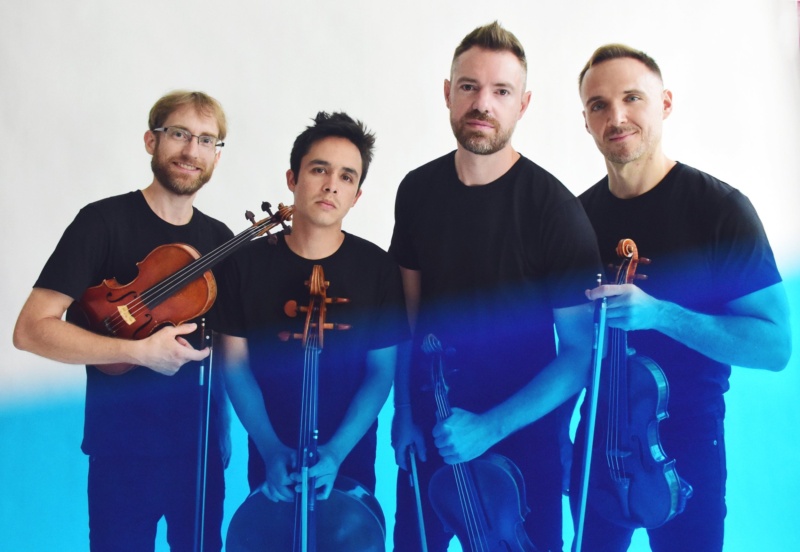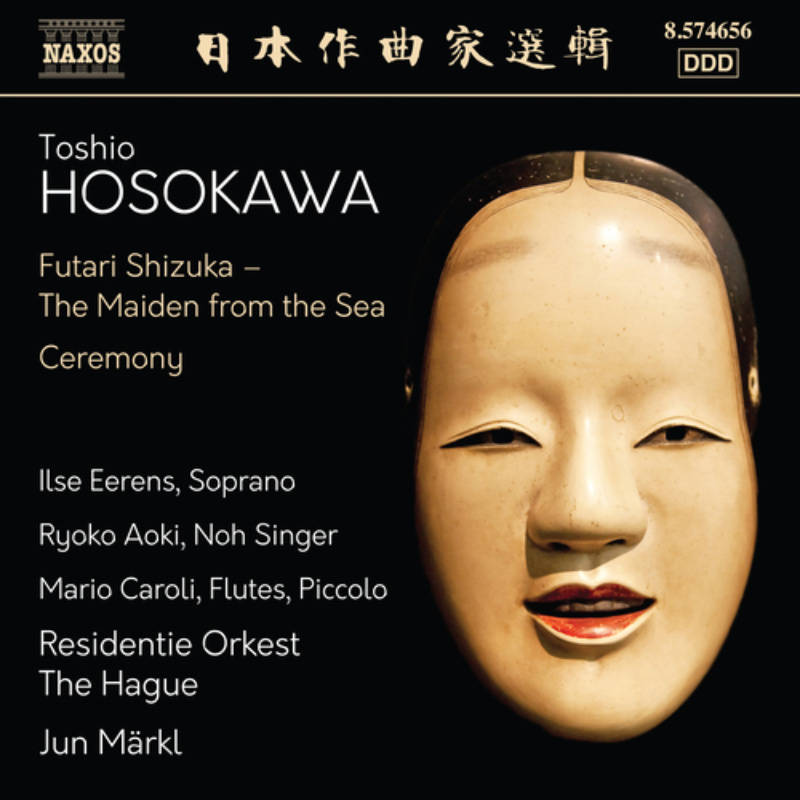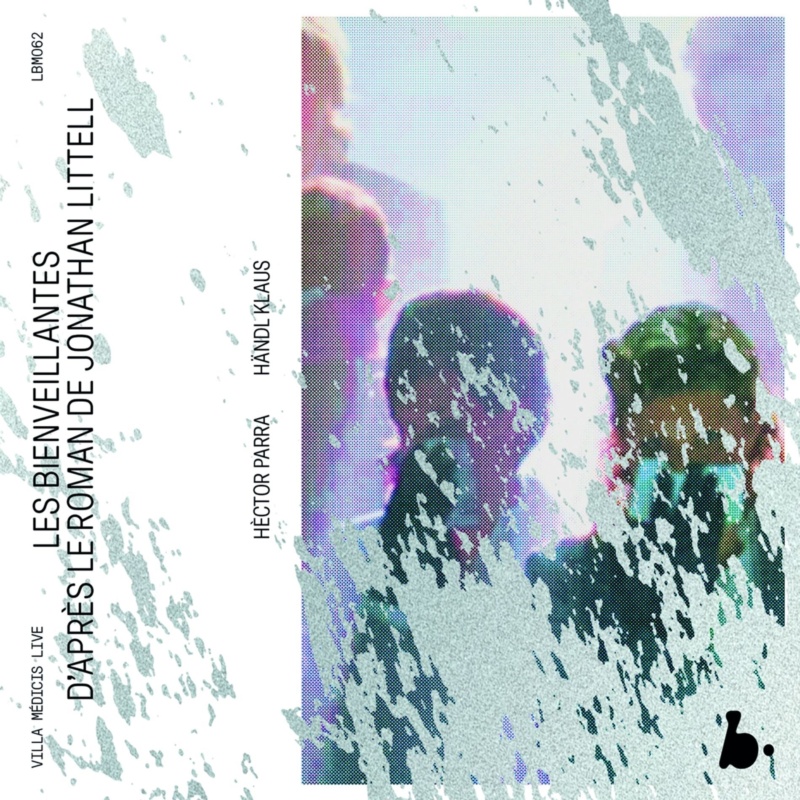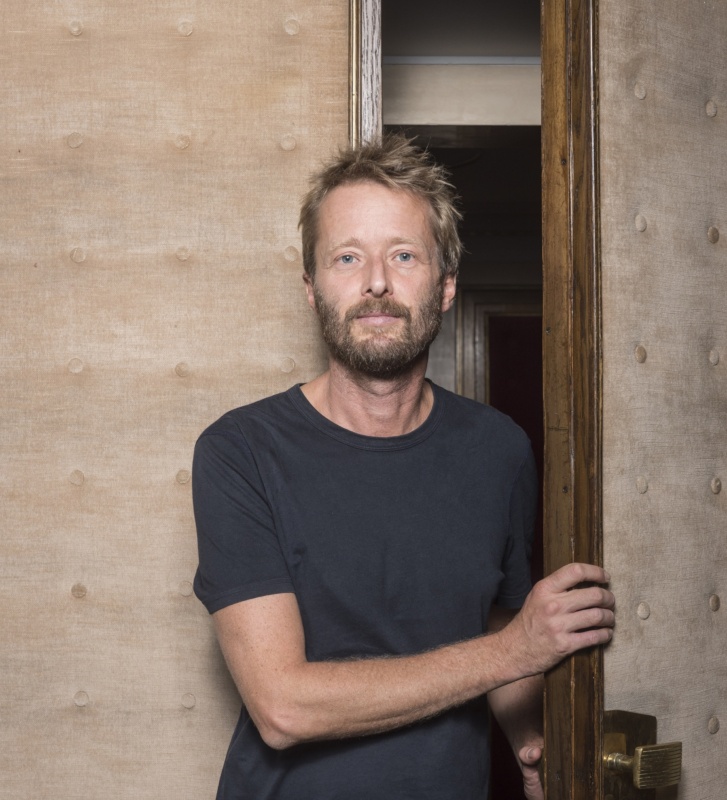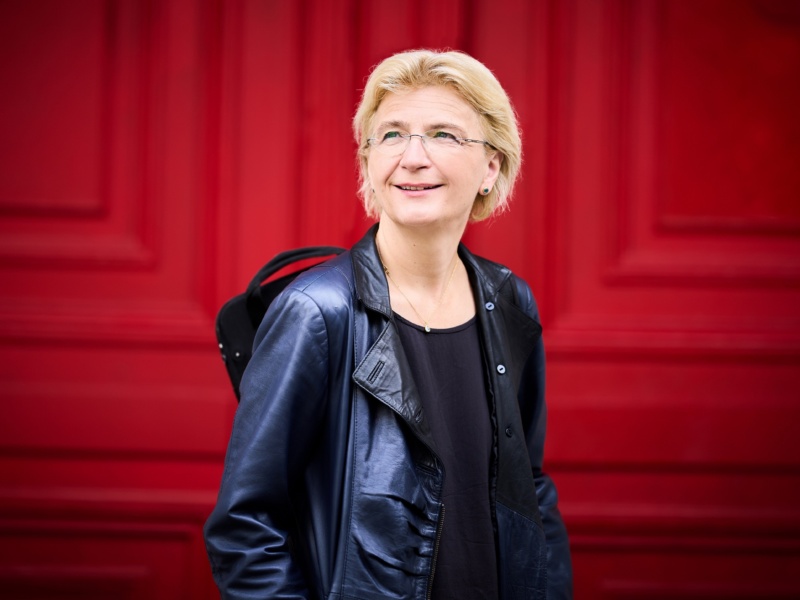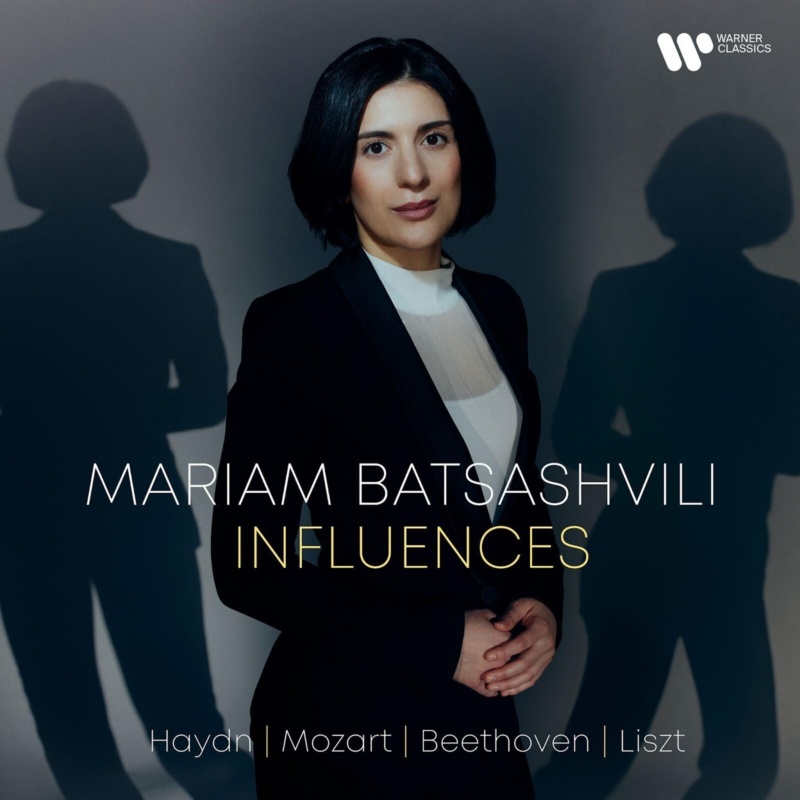In spring 2019, Karsten Witt met the editors of the monthly magazine KreuzbergWelten for an interview about the 15th anniversary of karsten witt musik management. In this second interview, lead one year later in the midst of the Corona crisis, Karsten Witt was asked about the state of artist management in times of great insecurity and a fundamental existential threat to the whole culture industry.
Last spring you explained to us how artist management works. Today we are interested in how businesses in Kreuzberg are surviving the Corona crisis.
In our case, I have to be honest and say that I don’t know yet. All musical events have been cancelled for over a month now. Since we primarily survive from commission on the fees paid to our artists, we have hardly had any income since mid-March.
What can artists do without concerts?
That is a very good question. Some of them teach and are now concentrating on their students. Some of them are chief conductors of an orchestra and can focus on programming. Some of our composers are glad that they no longer have to travel and can compose in peace. And, of course, there are also those that finally have time for their families – or even simply time to practice, read, cook, exercise… But most of them have, as we do, big fundamental questions: when can they perform again, what should they be preparing for, when will they earn money again? This is what we are constantly discussing with each other
But are there not grants for freelancers?
That depends. In Germany they only receive money to cover running costs; but, of course, most artists don’t have these. They still have their usual living costs, but they are not receiving any compensation for lost income from cancelled concerts.
So what can they do?
Wait for better times; communicate with friends, colleagues and fans over social media; stream concerts from their studio or living room… Of course, these will never be able to replace real life concerts.
And what are you doing as their management?
We are in a very unusual situation. Although we currently don’t have any income, just like the cafes in the neighbourhood, we have a lot more work than before. Planning for concerts and operas in the upcoming seasons is going ahead as usual. On top of that, for every cancelled event we have to check the consequences and negotiate further with the promoter: is there a force majeure paragraph in the contract, will any part of the fee be paid, will the expenses be refunded, can we find a replacement date, etc.
Has there been any financial support for you from the state?
Unfortunately, our company is the wrong size for that. We have 23 employees: companies with up to 10 employees are receiving state subsidy, large “essential” businesses are being bailed out. But the only options for mid-level companies are the German government’s furlough scheme (Kurzarbeit) or taking out a loan. We have already introduced Kurzarbeit, but it is not clear whether we will receive a loan: usually these are only received by “healthy” companies. I explained to our bank manager that we haven’t made a loss for the last few years, but he rightly pointed out that he can‘t see when we would be in the situation to pay back any loan we might receive.
What was your answer to this?
That in any case, everything will be different after Corona. As soon as he can tell me when this will end, then I can show him a business plan.
You explained to us a year ago that for each of your artists’ concerts you make a kind of investment, as you have to cover all costs yourselves during the planning period, which is about one to two years. Did you never think about what would happen if the concerts didn’t take place?
Sure, an artist can become ill, or a promoter can go bankrupt. I even once experienced a festival I organised in Taipei having to be cancelled because of SARS – luckily it could be repeated nine months later. But I don’t think anyone in our industry had prepared for all public events being cancelled worldwide over a long period of time. Also, I think that this kind of lockdown seems to have been made possible by recent technological advancements: without the internet, Skype, Zoom and documents in the cloud, working from home would be impossible.
But it is no longer reasonable to act as if what is happening right now is impossible.
Yes, as you pointed out. We will therefore have to change the way our company works and reduce risk. The critical point for us is that we can continue to be useful to our artists, and that promoters continue trusting our advice.
Even if this situation is new for us all, as a business you have to make a prediction as to when everything will return to normal.
Perhaps never. Perhaps new viruses will hit us in quick succession. Should we focus on hindering such future outbreaks at any cost? Are we ready to accept social distancing as the new normal? I can’t imagine that – but then again, I wouldn’t have been able to imagine the situation we now find ourselves in: that we cannot decide for ourselves which risks we take, and above all that we cannot meet each other.
For you as a musician, coming together with other people seems to be indispensable.
Exactly. I personally listen to recordings only for reference – for me, the live experience, being in the same room as the musicians, is irreplaceable. To take another example: I am not religious, but I nevertheless object to the fact that you may no longer meet to practice religion. A religion without meeting with the community is absurd; it is no religion. To the politicians and scientists that are taking care of our security and freedom, lots of things are being judged dispensable that, to me, have always seemed essential. Art is increasingly being vilified as entertainment which we have to do without.
How will this develop?
Unfortunately very slowly, and of course we are at the end of priority list. The first thing to change will be that we can go to the shops again. Then the schools and nurseries will be opened, with the appropriate hygiene measures, and then the churches. That will be the first time that live music enters our lives again. After that will be the gastronomy industry, then hotels, then travelling, at least within the same country. At that point concerts on a small scale should be possible again. We are already hoping for some chamber music festivals this summer – if not here, then in Scandinavia or Austria. But which artists from which countries will be allowed to travel? And will they need to be quarantined before and afterwards?
And who will come to the concerts?
That is another question. A large portion of the audience for classical music is over 60, and therefore a high-risk group. Will they be confident enough to attend events? And how many visitors will be allowed into a concert hall? We hear that the distancing measures will need to be enforced until we have a vaccination, which won’t be ready for at least a year, and even then won’t be immediately made available for all. I fear that, under these circumstances, concerts without state support – the majority of concerts in Germany – will become even more difficult. Classical music’s dependence on the state will therefore continue to grow. This is dangerous, since the state will have even less money for culture than before.
And what about orchestral concerts?
Berlin’s Culture Senator, Mr. Lederer, just said that these won’t be possible before autumn. Finally someone is being honest with us. In reality, the situation could go on like this until the end of next season. As long as the distancing measures remain, we would need arenas or exhibition centres in order to provide enough space for a large orchestra to perform. These would also have to be rented for rehearsals. In order to perform in such spaces, which are actually not very well suited to classical music, there would also be costs for electronic amplification. Such a solution is therefore not practical, apart from exceptional cases. Orchestras will therefore only be able to perform in a chamber orchestra formation and all play the same limited repertoire: from Haydn to Brahms as well as a bit of modern music. Perhaps from a quality point of view, such a “soft start” may be not such a bad idea, especially after a long break. Fortunately, in opera houses, you can do a lot of interesting things with just a few people.
So, something to be optimistic about?
In terms of the internal development of orchestras, this is a great opportunity in my opinion. There will be no other option than to divide up into smaller ensembles for new music, period music and chamber music, groups in which musicians are able to play with a lot more independence than in a large orchestra. The transformation of orchestras into self-governing pools of musicians has been spoken about for a long time: now, thanks to Corona, it could become necessary. The only alternative is Kurzarbeit for an indefinite period.
What do you think of the suggestion that Corona has brought our society together?
Unfortunately, this solidarity is lacking when it comes to those who are really struggling: the homeless, the refugees, those on the edge of Europe, and those starving across the world. Everyone is focused on saving their own people. Wouldn’t it be amazing if we started taking better care of others as well? Of course, the culture industry would welcome the introduction of Universal Basic Income. At least we are playing more music at home again – that would be one of the nicest things to come out of this lockdown.
